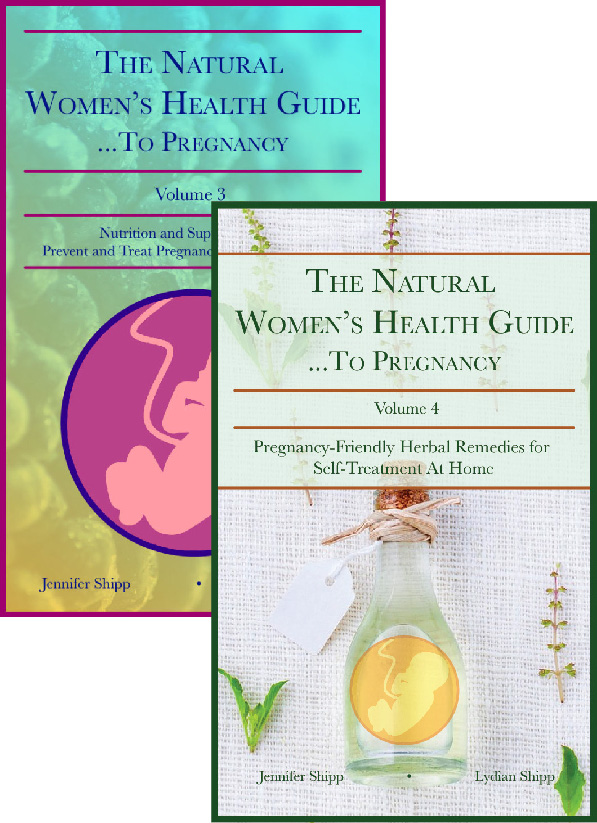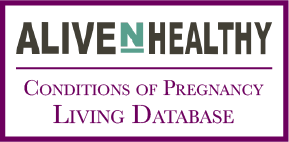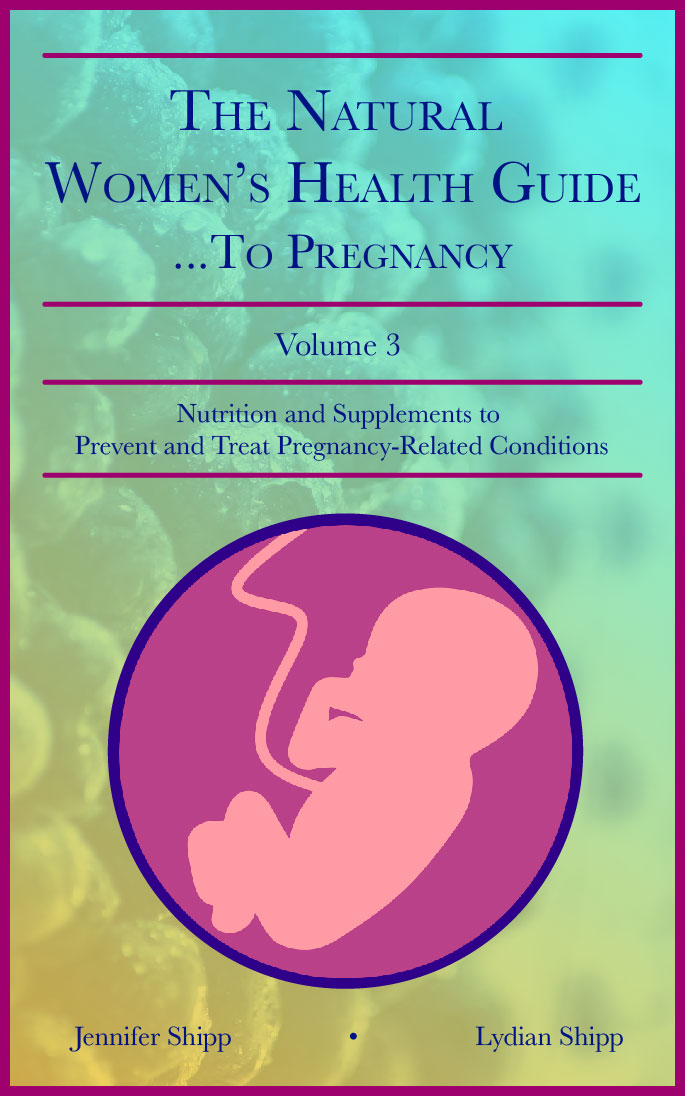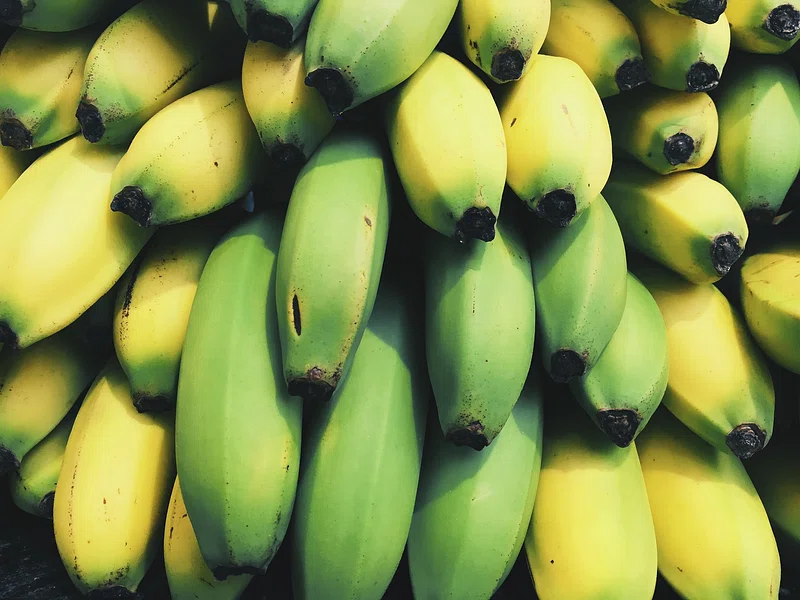Potassium Supplementation During Pregnancy
Despite its status as a major mineral and electrolyte, potassium isn’t a nutrient that’s discussed too much. Most people simply assume that they have enough of it, and don’t spend a lot of time considering their potassium levels. It certainly isn’t a mineral that many books or healthcare providers discuss in relation to pregnancy!As mentioned above, potassium is a major mineral and electrolyte. As a major mineral, potassium is present in fairly large quantities in our bodies; the other major minerals are sodium, magnesium, calcium, chloride, phosphorus, and sulfur. As an electrolyte, along with all of the other major minerals (except sulfur), potassium plays a vital role in fluid balance and electrical conduction and communication between all of the cells in the body.
Potassium is critical for blood pressure regulation and muscular movement. As some readers might know, muscle cramping is often a sign of mild potassium deficiency, and can be corrected by eating some high potassium foods like bananas or potatoes. Indeed, one of potassium’s main roles is to facilitate the contraction and relaxation of muscles. This mineral also helps relax blood vessels and can thus lower blood pressure. Studies have shown that diets that contain adequate amounts of potassium lead to a decreased risk of hypertension, and even a 24% decreased risk of stroke (patients whose daily consumption of potassium was 3500 mg per day were even less likely to experience stroke).
Besides having a particularly important role in blood pressure and muscle movement, potassium is also required for the following processes in the body:
- Secretion and activity of hormones
- Mobilization of the gastrointestinal tract
- Metabolism of insulin and glucose
- Functionality of the kidneys

"The Natural Women's Health Guide... to Pregnancy - BUY HERE!"
Relationships Between Potassium and Other Nutrients
Potassium and sodium are a “couple” in the bloodstream. They work together to balance each other's levels and fluids inside and outside of the cells. Potassium specifically works to maintain proper fluid balance inside cells, while sodium works to maintain extracellular fluid balance, or the balance of fluid outside of cells. Both sodium and potassium are alkalizing, like their other same-column “family” members in the periodic table, like lithium and cesium, so they also work together support the maintenance of the acid-alkaline balance in the blood.Alkalinity and alkalizing the body using potassium and lithium during pregnancy can protect the body from infection and also be used as a strategy to cure cancer. Read more about lithium orotate supplementation and baking soda therapy here as a natural cure for cancer during pregnancy – be sure to follow the links on this page into the data about baking soda therapy and other cures for cancer including vitamin B17, Lugol’s iodine, pancreatic enzymes, and vitamin K2.
To be clear, despite the popular notion that sodium is “bad”, the reality is that the body needs both potassium and sodium. Low sodium diets are not advisable in the vast majority of situations, and actually cause more health problems than they prevent. That being said, the salt you eat is important; so long as you eat salt in normal quantities and choose salts that are natural and unrefined (like Himalayan pink sea salt, for example).
Here are some other nutrient relationships that are worth noting:
- Vitamin A and beta-carotene help increase the absorption and retention of phosphorus.
- Vitamin B5 deficiency can result in decreased serum potassium levels.
- Low magnesium levels can lead to low potassium levels because magnesium is required in order for the body to absorb and utilize potassium.
 Nutricost Potassium Citrate 99mg, 500 Capsules
Nutricost Potassium Citrate 99mg, 500 Capsules
Symptoms of Potassium Deficiency / Hypokalemia
Some of the symptoms of potassium deficiency (otherwise known as hypokalemia) may include:- Fatigue
- Muscle cramps
- Muscle weakness
- Irregular heartbeat / Cardiac arrhythmia
- Muscle paralysis
- High blood pressure
- Constipation
- Myalgias
- Tremors
- Respiratory depression
- Depression
- Psychosis
- Delirium
- Hallucinations
- Polyuria
- Encephalopathy (in patients with severe kidney disease)
- Glucose intolerance
Groups at a higher risk of developing potassium deficiency include people who have recently experienced vomiting or diarrhea, those taking diuretic drugs, and people with inflammatory bowel diseases like Crohn’s disease. Heavy perspiration/sweating, laxative abuse, some blood pressure medications, and chemotherapy drugs can also increase the risk of hypokalemia. Poor diet or diets low in potassium can, of course, also lead to the development of hypokalemia over time.
 The Conditions of Pregnancy Living Database - NOW AVAILABLE! Click here to learn more...
The Conditions of Pregnancy Living Database - NOW AVAILABLE! Click here to learn more...
Potassium During Pregnancy
A woman’s potassium requirements are, of course, increased during pregnancy, just like any other nutrient. Part of this increased need is due to the simple fact that now not only the woman needs a certain amount of potassium, but the fetus also requires potassium in order to grow and thrive. In adult women who are not pregnant, the currently set adequate intake level of potassium is 2600 mg per day; during pregnancy and lactation, this requirement increases to nearly 3000 mg daily.Increased dietary intake of potassium or the short-term use of potassium supplements may help relieve certain pregnancy symptoms like leg cramps and other muscle cramps, muscle weakness, uterine irritability, edema, mild swelling and fluid retention, intermittent numbness or tingling in the extremities (please note this can sometimes be a sign of something more serious, so pay close attention to this symptom), constipation, or intermittent fluctuations in blood pressure. Persistent constipation or feelings of fatigue may also be alleviated with an increase in potassium in some cases.
Women with secondary hypertension often present with hypokalemia, or potassium deficiency. In cases of secondary hypertension in particular, potassium may help bring blood pressure levels back to normal. Other cases of pregnancy-related hypertension may also benefit from potassium supplements, especially if the woman’s diet is low in potassium already.
Pregnant women who are diagnosed with a rare condition known as Bartter’s Syndrome may also benefit from potassium supplements during pregnancy. This condition is characterized by hypokalemia, normotensive hyper-reninism, and secondary hyperaldosteronism, in addition to an increased loss of potassium via the urine. One case study of a Chinese woman with this syndrome observed that potassium supplementation helped to prevent complications in the fetus, such as polyhydramnios, during the woman’s pregnancy.
Potassium intake and supplementation may also play a role in the treatment and prevention of diabetes during pregnancy. Studies have shown that populations with a lower potassium intake were more likely to be diagnosed with insulin resistance, elevated fasting glucose levels, and type 2 diabetes. Women in particular, between the ages of 34-59, have a 38% decreased risk of developing type 2 diabetes when their dietary potassium intake is somewhat higher than average.
Click here to read about Melissa officinalis as an herbal cure for gestational diabetes.
How to Take Supplemental Potassium
Supplemental potassium can be taken at a dose of 100-300 mg per day. Depending on your situation, you may want to take more or less of this mineral. If you already eat a lot of potassium-rich foods in a day, you may be able to take the lower dose and experience the benefits, but if your intake of potassium-rich foods is or has been somewhat low, you may find it helpful to take 200 mg or 300 mg of potassium per day for a few days (take 100 mg every four to six hours, rather than taking it all at once). In most situations, we recommend using potassium supplements in a more medicinal way on a case-by-case basis rather than taking this supplement daily since most women are likely to get sufficient amounts of potassium from their diet if they’re eating healthfully.Potassium-Rich Foods
Adding potassium-rich foods into your diet is generally the best way to increase your levels of this major mineral. Some foods that contain the highest levels of potassium include:- Bananas
- Potatoes
- Lentils
- Sweet potatoes
- Avocado
- Winter squash (acorn squash, butternut squash, pumpkin, etc.)
- Spinach and other leafy green vegetables
- Molasses
- Poultry and meat
- Broccoli and cauliflower
- Prunes
- Raisins
- Brown rice
- Apricots

 Click here to subscribe to the Living Database!
Click here to subscribe to the Living Database!
Resources:

 Potassium is a nutrient that combines well with both iodide and sodium. It plays a vital role in heart rhythm and muscle function. Bananas and potatoes are high-potassium foods.
Potassium is a nutrient that combines well with both iodide and sodium. It plays a vital role in heart rhythm and muscle function. Bananas and potatoes are high-potassium foods.







